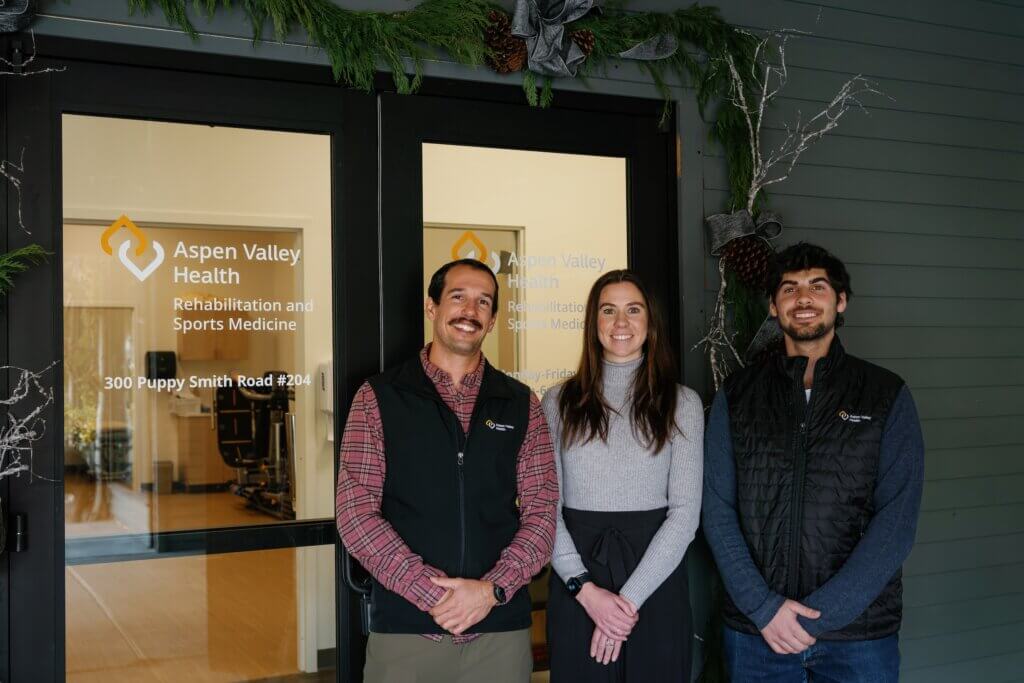The Relationship Between Autism and Social Skills

Having autism and “being on the spectrum” are terms that can carry a lot of weight in our society. However, autism spectrum disorder is complex, with a range of symptoms, implications and treatments for those who have it and their caretakers. Here, we take a closer look at the autism spectrum and how it relates to social skills.
Understanding Autism Spectrum Disorder
In its most clinical definition, according to the National Institutes of Health, “Autism spectrum disorder (ASD) is a neurological and developmental disorder that affects how people interact with others, communicate, learn and behave.” While autism can be diagnosed at any age, symptoms typically begin to appear sometime within the first two years of life. It is referred to as a spectrum disorder because it can not easily be categorized into a single level of severity or experience. Instead, it can present in a wide variation in those who are diagnosed. The American Academy of Pediatrics recommends all children be screened for autism as it affects people of all genders, ethnicities, races and economic backgrounds.
People with autism face a variety of challenges—particularly in social situations and interactions. Those challenges can include:
- Limited eye contact
- Challenges initiating conversations
- Difficulty and frustration with nonverbal communication, such as body language, facial expressions and gestures
- Sensitivity to sounds, smells, sights or touch
- Social anxiety
- Difficulty understanding social rules, norms and cues
- Struggles with back-and-forth social interaction
- Taking things literally
- Difficulty with nonverbal communication
- Frustration understanding emotions
It’s important to think of ASD as an umbrella term because it can include a variety of disorders at varying degrees, all of which can affect social skills.
Social Skills and Their Role in Daily Life
How we communicate, interact with others, build relationships and make friends are all examples of social skills. They’re an elemental aspect of daily life, allowing us to listen, be empathetic, resolve conflict and experience our emotions.
Social skills can be verbal, non-verbal, written or visual. Regardless of how we interact socially, doing so is important to maintaining psychological and emotional wellbeing.
Examples of social skills include:
- Eye contact

- Active listening
- Being polite
- Cooperation
- Patience
- Sharing
- Positivity
- Teamwork
- Empathy
- Respect
- Answering questions
- Engaging in conversation
- Respecting boundaries
- Following directions
- Accepting criticism
Social Skills in Individuals with Autism
People with ASD can face many challenges with social skills and ques, all of which can strain relationships when not correctly understood. It’s important to be able to recognize these social challenges and difficulties, which can include a difficulty to communicate—both verbally and non-verbally. People with ASD might have trouble responding to or engaging with conversations. They might not be able to understand tone of voice or facial expressions.
Additionally, social interactions, social rules, body language, play and joint attention (sharing social experiences with others), can all be challenging, or not come naturally to those with ASD and can present in varying degrees.
It’s important to remember—and better yet, to work to understand—how people with ASD demonstrate their strengths. They tend to show strong focus and an ability to be particularly logical given their ability to process things without relying heavily on emotion. Autistic people can also be uniquely honest, direct and reliable, lending them credibility and trustworthiness. Some with ASD are fiercely loyal, and many demonstrate unwavering integrity.
Additionally, people in your life with ASD can have a powerful memory and uninhibited curiosity. And while many symptoms of autism would suggest an inability to develop genuine relationships, this unencumbered attention to detail can result in an ability to form genuine and lasting relationships.
Learn more about supporting your Healthy Family:
Development of Social Skills in Autism
As a society, we have become more proactive about diagnosing and addressing ASD at an earlier age, allowing individuals on the autism spectrum to find appropriate care and therapy. Doing so aids in learning, school development, brain development, social skills, relationships and parental involvement. Types of intervention can include speech therapy, physical therapy, behavior therapy, nutritional therapy, play-based therapy, occupational therapy and social skills training.
 Given the varied nature of ASD, an individual approach is paramount to success. It helps people learn, develop, and connect in ways that are most effective for their specific circumstances. Customized care, tailored learning and targeted support result in improved developmental outcomes.
Given the varied nature of ASD, an individual approach is paramount to success. It helps people learn, develop, and connect in ways that are most effective for their specific circumstances. Customized care, tailored learning and targeted support result in improved developmental outcomes.
One of the most notably successful behavior approaches is known as applied behavior analysis, or ABA. This approach encourages desired and positive behaviors and discourages undesired behaviors resulting in improved social and behavior skills.
Strategies to Support Social Skill Development
Parents and caregivers living with people with ASD can implement multiple strategies to empower skill development and positive behavioral health, including:
- Creating a safe space in the home
- Rewarding good behavior
- Focusing on positive traits and strengths
- Creating a routine to provide consistency and structure
- Using visual cues to communicate and establish boundaries
It’s also important for parents and caregivers to work with a child’s school or educational program to establish a cooperative path that appropriately addresses a child with ASD. Schools can be vital in helping a child find their strengths and community. Programs and approaches can include:
- Individualized Education Plans (IEPs) tailored to each child’s unique needs and personal goals
- Inclusive classrooms that provide an opportunity for social interaction
- Special education programs
- Communication aids for non-verbal or minimally-verbal students
- Sensory-friendly classrooms
Additionally, for both people with ASD and their caregivers, it’s important to look outward to community and medical resources and support groups. Talk to your medical team, case worker, pediatrician or school administration about opportunities in your area, online or nationally.
The Role of Healthcare Professionals
Many pediatricians have begun screening for signs of autism in a child’s first years of life. This is because early detection and intervention can drastically improve a person’s outcome and lifestyle. Benefits of early detection can include:
 Increased access to services
Increased access to services- Better quality of life
- Improved developmental outcomes
- Reduced stress
- Increased independence
Because a child’s brain is still forming in early childhood, these interventions and behavior modifications can greatly improve outcomes. Healthcare providers can support social skill development through personalized treatment plans and therapy options that are specific to a person’s needs.
Additionally, helping those on the autism spectrum should be a collaborative effort between healthcare providers, educators and families. This approach gives those with ASD a personalized coalition of support who understand their needs and how best to address them.
Conclusion
In recent decades, the medical community has come to better understand ASD and how to develop personalized therapies and medications—always with the shared goal of improving independence, understanding and quality of life. If you’re concerned your child might have ASD, or there is someone in your life who does and you would like additional resources, reach out to the AVH Pediatric or Behavioral Health teams.



